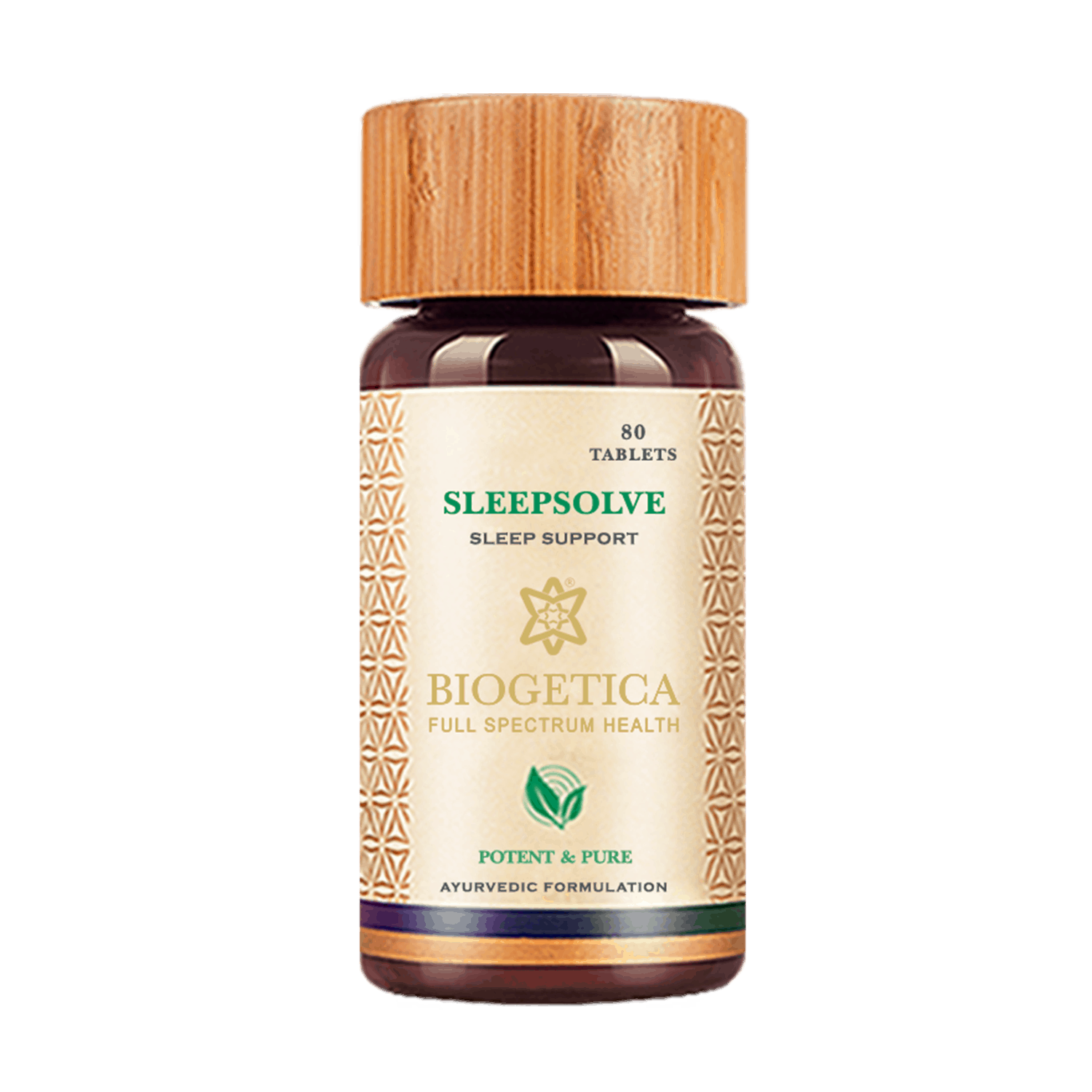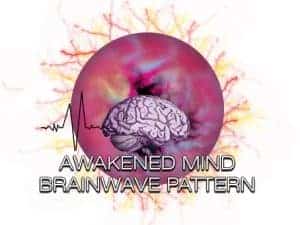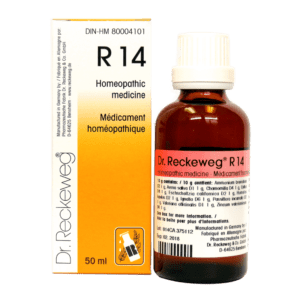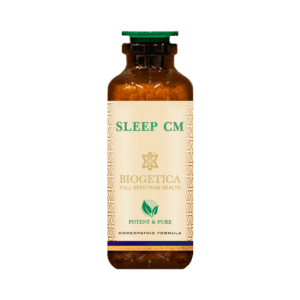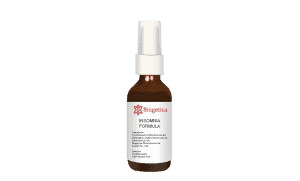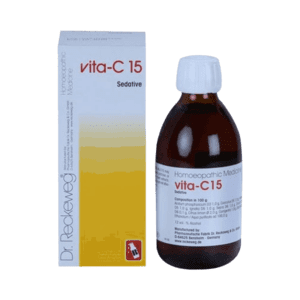All of us occasionally spend sleepless nights, tossing and turning in bed. But sometimes, this problem becomes persistent and the person continuously has trouble sleeping. Medically, Insomnia is characterized by an inability to sleep and/or remain asleep for a reasonable period. Any of the following can be classified as Insomnia:
- Trouble falling asleep.
- Waking up several times during the night.
- Waking up too early in the morning.
- Waking up still groggy, and not refreshed.
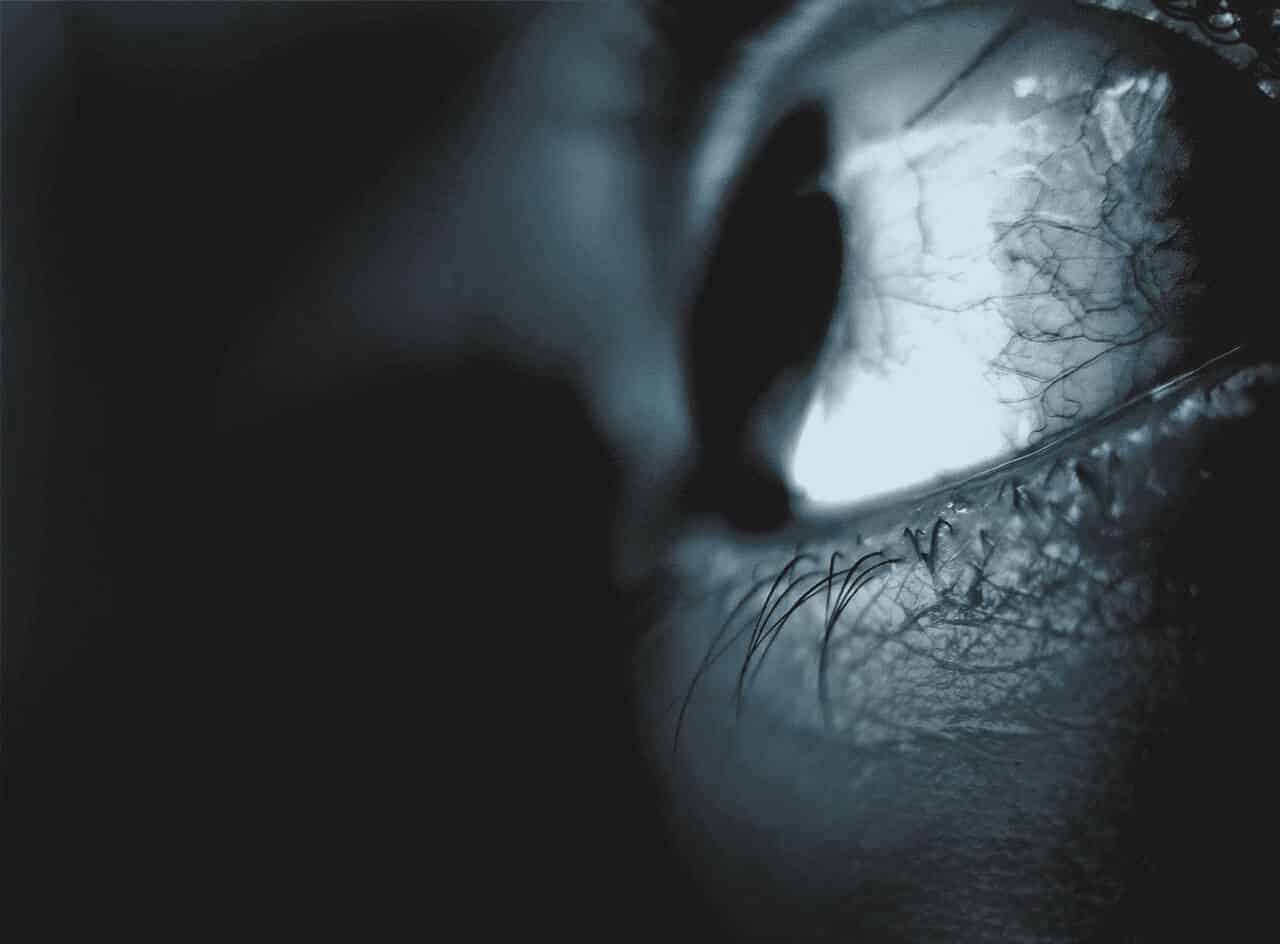
Insomnia is a problem that is often neglected. This problem however, not only affects energy-levels and mood but also overall health and immune system. Lack of proper sleep can cause fatigue, poor concentration, irritability, depression and many more symptoms. Insomnia affects people of all age groups. Among older adults, insomnia affects women more often than men. The incidence increases with age.
According to the US Department of Health and Human Services, approximately 60 million Americans suffer from insomnia each year. This is the reason we are discussing insomnia as an ailment and have worked towards finding a solution for you. We believe that Good Sleep gives way to a healthy mind, and a healthy mind provides a healthy body!
The Different Types of Insomnia
Insomnia can be:
Short term: Short-term insomnia lasts only for a single night to a few weeks. This generally occurs due to some stressor. Once that stressor is removed, the insomnia is taken care of.
Intermittent: Here, the individual suffers from sleeplessness from time-to-time. In brief, it comes in phases.
Chronic: In this state, the person may suffer from insomnia for a very long period, like for 3 nights a week, over a month, or more. This can be due to some health problem, like cancer, depression, etc. Sometimes, chronic insomnia is seen to exist without any health problem.
What are the Causes of Insomnia?
Insomnia may result from either psychological or physical causes. The following factors may cause insomnia:
- Psychological Problems – This includes anxiety, stress or depression due to some reason. Many people also have insomnia during the acute phases of a mental illness.
- Physical Problems – The most common medical conditions that may trigger insomnia are: congestive heart failure, chronic obstructive pulmonary disease (COPD), degenerative diseases, such as Alzheimer’s disease.
- Certain Medications – Some medicines like those prescribed for depression, high blood-pressure, are known to cause insomnia.
- Use of Stimulants – Having too much caffeine and nicotine can cause poor sleep. Alcohol may also lead to un-refreshing sleep.
- Environmental Factors – These include noise, light, or extreme temperatures (hot or cold), which can interfere with sleep. A change of place or bed may also affect sleep.
- Disturbed Sleep Schedule – This is a very common cause of insomnia. It is often seen in people who work in night-shifts, and in new mothers who need to keep getting up to feed their babies.
- Certain Groups of People – Some people, like travelers, pregnant women, women going through menopause, aged people, etc, may constantly suffer from insomnia.
What are the Symptoms of Insomnia?
There are many symptoms of insomnia. They are:
- Tiredness or sleepiness during the day
- Inability to get proper sleep during the night or getting poor quality of sleep
- Irritability and decreasing tolerance level with family members
- Problems in concentrating or remembering
- Impaired motor coordination
- Avoidance of social interaction
- Loss of interest in life
- Fatigue
How is Insomnia Diagnosed?
In cases of insomnia, a deep study of the patient is required, i.e. factors affecting his life, past history, stressors, schedules, tension, etc. A complete mental evaluation may be done, because insomnia is commonly associated with depression, anxiety, stress, etc. The doctor will also try to identify if there is any medical or psychological illness that may be contributing to insomnia, e.g. Sleep Apnea Disorder, cardiac disease, etc. The physician may also ask the patient to undergo the following tests:
- The Epworth Sleepiness Scale Test – This test is done to determine the level of daytime sleepiness. It is in the form of a validated questionnaire that the patient has to answer. A score of 10 or more is considered sleepy. A score of 18 or more is very sleepy.
- Actigraphy Test – This is another technique to assess sleep-wake patterns, over time. Actigraphs are small, wrist-worn devices (about the size of a wristwatch) that measure movement. They contain a microprocessor and on-board memory, and can provide objective data on daytime activity.






 90 Day money back guarantee 100% NATURAL
90 Day money back guarantee 100% NATURAL
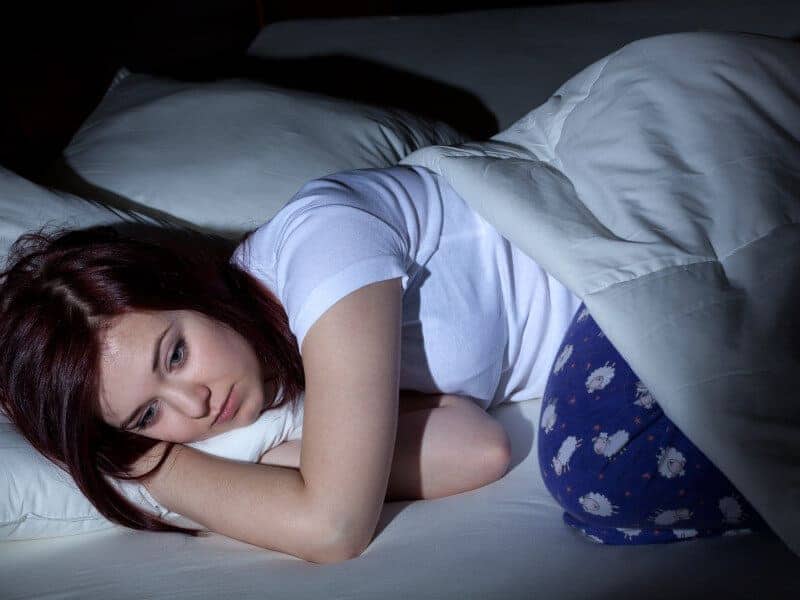




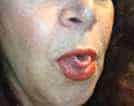




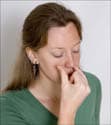

 We have a 100% money-back guarantee to support our firm belief in our products, and to build trust in customers who have been facing battles they thought would be lifelong! You may return the products within 90 days of your order date for a full refund of the purchase price if you feel they didn’t work or alternatively request a free consultation and additional remedies. Our mission is fulfilled only when you are better. Hence, we stand by our customers and do what it takes to make you feel great! We can afford to do this because the customers who re-order or refer us to friends and family, are 20 times more than those who ask for a return. So, go ahead and give us a try. You’ll be glad you did.
We have a 100% money-back guarantee to support our firm belief in our products, and to build trust in customers who have been facing battles they thought would be lifelong! You may return the products within 90 days of your order date for a full refund of the purchase price if you feel they didn’t work or alternatively request a free consultation and additional remedies. Our mission is fulfilled only when you are better. Hence, we stand by our customers and do what it takes to make you feel great! We can afford to do this because the customers who re-order or refer us to friends and family, are 20 times more than those who ask for a return. So, go ahead and give us a try. You’ll be glad you did.











